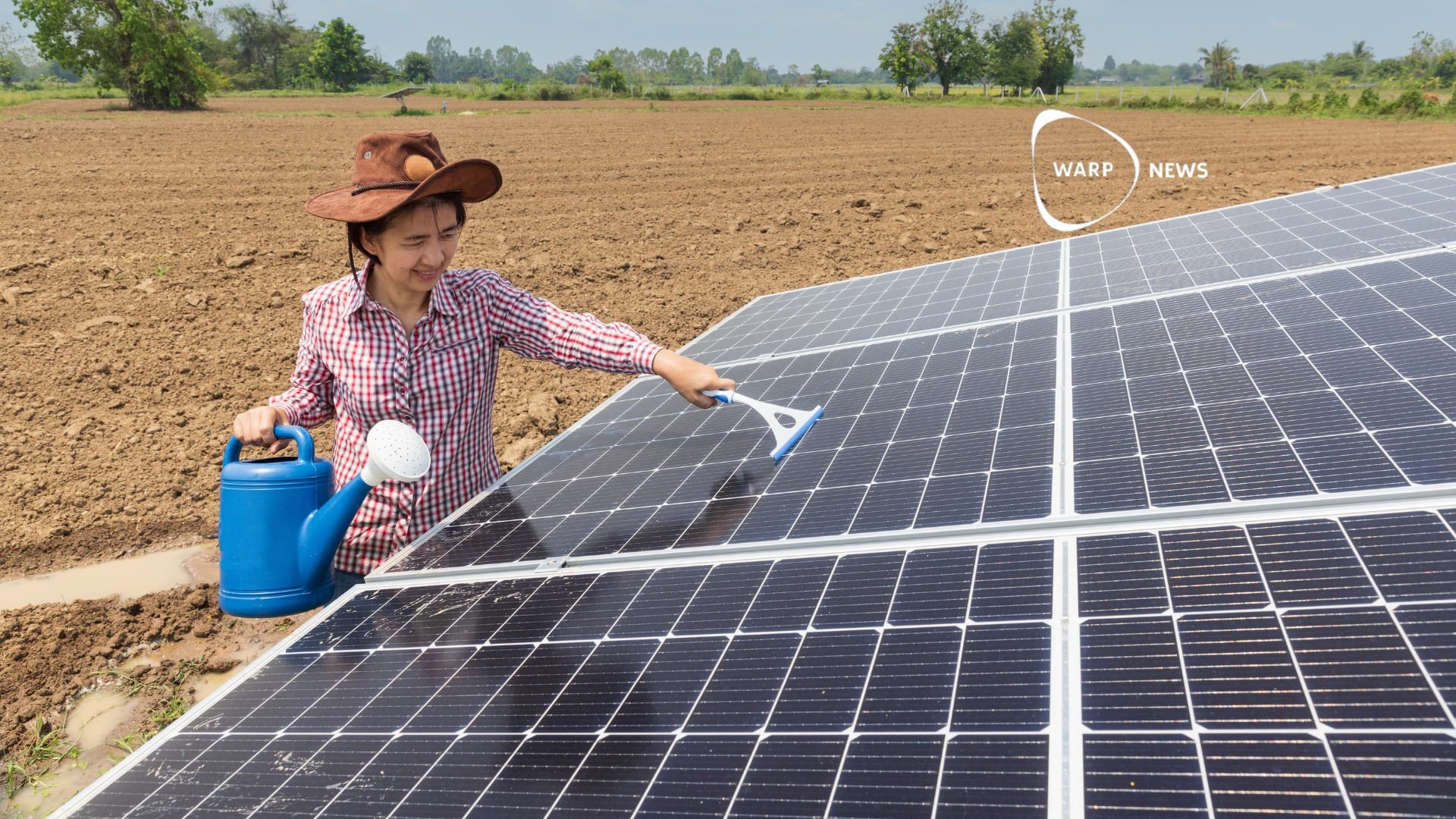
🌊 A lantern charged by seawater
This lantern only needs water from the ocean to charge.
Share this story!
Like many off-the-grid communities, the Guajira Peninsula (a coastal desert at the most northern tip of South America) has no access to electricity. Something they do have lots of is seawater. Not long ago residents began testing small lanterns chargeable with exactly that - seawater.
The lantern called WaterLight is a handheld device. It’s constructed to be filled with about two cups of seawater. The electrolytes in the water react with the magnesium in the lantern in order to generate a simple reaction that creates electricity. Pipe Ruiz, executive creative director for Wunderman Thompson Colombia, a creative agency that created the lamp in partnership with green energy startup E-Dina said to Fast Company:
“With one charge, it can be used for around 45 days, depending on how much you use it.”
When the light needs to recharge you simply refill it with water from the ocean. Another advantage with this lantern is that the process separates the salt from the water making the seawater fit for cooking.

The light has a life length of about two to three years or 5600 hours. The lantern can be recycled at the end of its life. Unlike solar-powered lamps, this light charges instantly when water is added.
The WaterLight lanterns help enable work even after dark in communities with no electricity, replacing the traditional kerosene lanterns. For example children can use the lantern while studying and craftspeople can use it to work. In the Guajira Peninsula, members of the Wayuu tribe (who are testing out the lantern) have used them on their boats to be able to fish at night. In addition, the lantern can slowly charge a small radio or mobile phone.

The creators of WaterLight plan to distribute the lanterns to other poor coastal communities through governments and nonprofits.
“We see that millions of people around the world are without access to electricity on the coasts,” Ruiz says. “But actually they do have access to the oceans.”
Picture: WaterLight
By becoming a premium supporter, you help in the creation and sharing of fact-based optimistic news all over the world.


